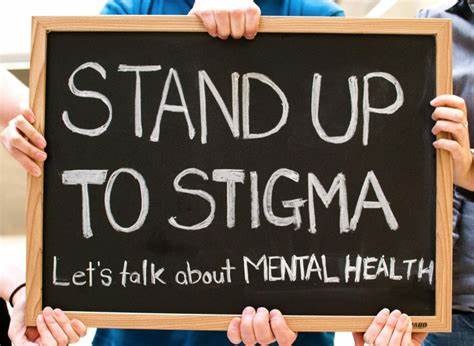The Need For Action
Creating a path towards healing and hope. Drug addiction is a multifaceted issue that demands a comprehensive approach encompassing prevention, treatment, and long-term recovery support. Addressing this epidemic effectively requires targeted strategies and community-wide efforts.
1/8/2024
Tackling Drug Addiction: A Holistic Approach for Recovery and Community Support
Drug addiction is a multifaceted issue that demands a comprehensive approach encompassing prevention, treatment, and long-term recovery support. Addressing this epidemic effectively requires targeted strategies and community-wide efforts.
The Challenges of Addressing Drug Addiction in Rural America
Rural communities in America face unique challenges when it comes to combating drug addiction. Limited healthcare resources, a shortage of addiction specialists, and inadequate public transportation often make accessing treatment difficult. Economic struggles, social isolation, and a lack of recovery-focused programs further compound the problem, creating a cycle of addiction that is hard to break.
Prevention: A Crucial First Step in Combating Addiction
Effective drug addiction prevention strategies are essential to curbing this crisis. These efforts include:
• Education and Awareness Campaigns: Promoting public knowledge about the dangers of substance abuse, including opioids and illicit drugs, through community outreach and school-based programs.
• Reducing Drug Availability: Strengthening regulations to limit the accessibility of addictive substances in high-risk areas.
• Supporting At-Risk Individuals: Providing resources and interventions for people with a history of trauma, mental health struggles, or a family background of substance abuse.
By addressing the root causes of addiction, prevention programs can help build stronger, drug-free communities.
Comprehensive Treatment Options for Addiction
Treatment for drug addiction must be personalized to meet individual needs. A well-rounded treatment program may include:
• Medication-Assisted Treatment (MAT): Combining medications like methadone or buprenorphine with therapy to treat opioid addiction effectively.
• Counseling and Behavioral Therapy: Offering cognitive-behavioral therapy (CBT) and other evidence-based therapies to address the psychological aspects of addiction.
• Inpatient and Outpatient Rehabilitation Programs: Providing structured environments for detox and therapy, ensuring continued care and support during recovery.
The availability of diverse treatment options ensures that individuals can find a solution tailored to their unique circumstances, paving the way for sustainable recovery.
Recovery Support Services: Building a Lifelong Foundation
Ongoing support is essential for maintaining sobriety and fostering personal growth. Community-based programs, such as peer support groups, 12-step programs, and faith-based recovery initiatives, can provide individuals with a network of encouragement and accountability.
Breaking the Stigma Surrounding Addiction
One of the most significant barriers to recovery is the stigma associated with addiction. Misunderstandings about addiction as a moral failing rather than a treatable medical condition often prevent individuals from seeking help.
To overcome this, we must:
• Promote understanding through education campaigns.
• Highlight stories of recovery and resilience to inspire hope.
• Foster compassion and eliminate judgment within families, workplaces, and communities.
By reducing stigma, we create an environment where individuals feel empowered to seek the help they need without fear of discrimination.
Empowering Rural Communities for a Healthier Future
Efforts to address addiction in rural areas are critical to fostering healthier, more resilient communities. Key strategies include:
• Expanding Access to Treatment: Increasing funding for addiction clinics, telehealth options, and mobile treatment units to reach remote areas.
• Enhancing Mental Health Services: Providing integrated care to address co-occurring mental health disorders.
• Building Public Awareness: Sharing information about addiction prevention and recovery resources through community events and media campaigns.
By uniting stakeholders—healthcare providers, policymakers, and local organizations—we can strengthen rural communities and help individuals achieve lasting recovery.
Together, We Can Overcome the Addiction Crisis
Addressing drug addiction requires collective action. By prioritizing prevention, expanding access to treatment, supporting recovery services, and fighting stigma, we can empower individuals to reclaim their lives and create stronger, healthier communities. Through collaboration and commitment, we can make lasting progress against addiction and build a brighter future for all.









Mobile substance treatment
